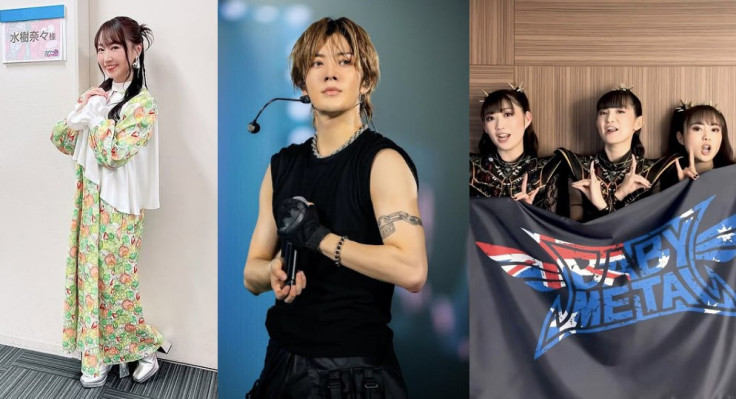Japanese Company Offers Up to 10 Days Paid Leave for Workers to Mourn Their Favourite Celebrity's Marriage or Retirement
The policy, known as the 'Oshi Vacation System', after the Japanese term 'oshi', used by fans to describe their favourite performer

In a move that challenges traditional views on employee compensation and benefits, Tokyo-based creative agency Hiroro Inc. has introduced a policy allowing staff to take up to ten days paid leave when their favourite idol gets married, retires, or hosts a major event.
This reflects a different understanding of mental health and personal commitment within the workplace, sparking both curiosity and admiration with netizens online.
The 'Oshi Vacation System'
The policy, known as the 'Oshi Vacation System', is named after the Japanese term 'oshi', used by fans to describe their favourite performer or idol. Under this policy, employees can request time off when their top idol announces a marriage or retirement, with a maximum of ten days for the most popular figures. If the idol is lower-ranked, the leave is limited to three days.
The policy also permits employees to leave early for sudden concert appearances or to process their feelings if they are overly affected.
According to company president Shizen Tsurumi, the idea was born after observing how emotionally impacted some staff became following major idol news. "This is absolutely necessary for otaku to work," he explained, Otaku being used to refer to individuals obsessed with particular aspects of pop culture. Tsurumi recounts how one employee was visibly upset when voice actress Nana Mizuki announced her marriage, prompting him to consider a formalised way to support staff during such moments.
Understanding the Cultural Context
In Japan, workplace norms are often conservative when it comes to taking time off. Sick days and mental health breaks tend to be viewed with scepticism, and employees may hesitate to step away even when overwhelmed. However, In recent years, there seems to have been a change in the tide. Hiroro's policy breaks this mould by recognising that emotional wellbeing is just as vital as physical health. Tsurumi emphasises that the company values employees' mental health, especially when dealing with personal passions that can largely impact their mood and productivity.
The policy's flexibility extends beyond grief or disappointment. If an employee's favourite idol announces a surprise concert or event, they can request early leave to attend. The system aims to accommodate the passionate fan culture that many young professionals are part of, acknowledging that these interests are deeply woven into their identities.
Why Such a Policy Matters
While some might dismiss the Oshi Vacation System as a quirky perk, it reflects a broader shift in corporate attitudes towards mental health and personal life. Tsurumi points out that the idea was inspired by seeing a high-performing employee struggle emotionally after idol news. Instead of dismissing this reaction, the company sought to support it openly, fostering a work environment that values emotional honesty.
Hiroro's approach may seem unusual outside Japan's corporate landscape, but it aligns with the company's core belief that "nothing motivates someone to work harder than the feelings they have for the people and things they like." In a society where work-life balance is often undervalued, such a policy acts as a reminder that emotional health should be recognised and respected.
© Copyright IBTimes 2025. All rights reserved.





















